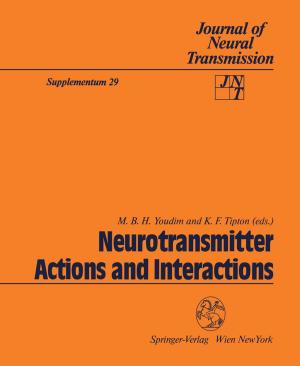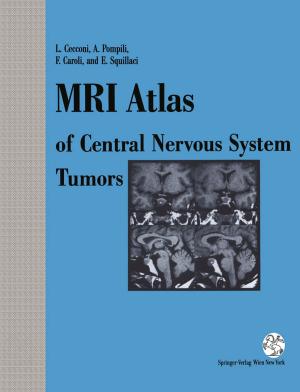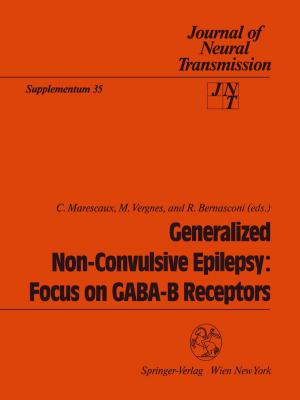Clinical Aspects of Microdialysis
Nonfiction, Health & Well Being, Medical, Surgery, Neurosurgery, Specialties, Otorhinolaryngology| Author: | ISBN: | 9783709168943 | |
| Publisher: | Springer Vienna | Publication: | December 6, 2012 |
| Imprint: | Springer | Language: | English |
| Author: | |
| ISBN: | 9783709168943 |
| Publisher: | Springer Vienna |
| Publication: | December 6, 2012 |
| Imprint: | Springer |
| Language: | English |
Microdialysis is a minimally invasive method which enables continuous monitoring of parameters in the extracellular space of various tissues. It has been investigated in animal models for over a decade, and many publications have provided insight into its advantages and disadvantages. However, in spite of its enormous potential for revealing metabolic processes in normal and pathological tissue, microdialysis in humans is still in its infancy. Clinical neurointensive medicine nowadays demands much more than conventional monitoring methods. As already shown by jugular bulb measurements of oxygen and lactate, in the future clinicians will want to have access to continuous neurochemical information from the patient. This information could be used to prevent those enigmatic secondary lesions which play such a negative role in neurointensive medicine, or at least enable treatment of them at an early stage. The extensive information now available from the laboratory would help with the interpretation of clinical analogues. In the University Clinic of Neurosurgery in Basel we have been involved in the field of micro dialytic monitoring for several years and have recognised the problems, both technical and ethical, which are involved in taking the difficult step from animal experiments to clinical application. In 1994 we thought that research on clinical microdialysis had reached the stage which would enable scientists and clinicians to have many fruitful discussions.
Microdialysis is a minimally invasive method which enables continuous monitoring of parameters in the extracellular space of various tissues. It has been investigated in animal models for over a decade, and many publications have provided insight into its advantages and disadvantages. However, in spite of its enormous potential for revealing metabolic processes in normal and pathological tissue, microdialysis in humans is still in its infancy. Clinical neurointensive medicine nowadays demands much more than conventional monitoring methods. As already shown by jugular bulb measurements of oxygen and lactate, in the future clinicians will want to have access to continuous neurochemical information from the patient. This information could be used to prevent those enigmatic secondary lesions which play such a negative role in neurointensive medicine, or at least enable treatment of them at an early stage. The extensive information now available from the laboratory would help with the interpretation of clinical analogues. In the University Clinic of Neurosurgery in Basel we have been involved in the field of micro dialytic monitoring for several years and have recognised the problems, both technical and ethical, which are involved in taking the difficult step from animal experiments to clinical application. In 1994 we thought that research on clinical microdialysis had reached the stage which would enable scientists and clinicians to have many fruitful discussions.















